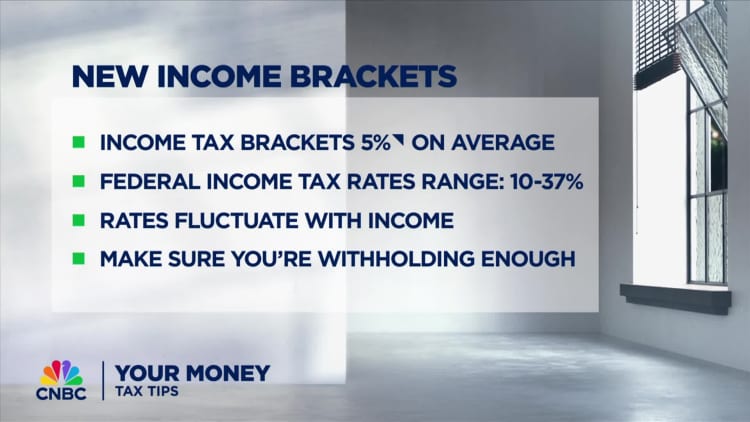The IRS on Wednesday unveiled plans for "dozens of new audits" of corporate jet usage as part of its increased scrutiny of large corporations, complex partnerships and top earners.
More than 10,000 corporate jets operate in the U.S., and the agency believes some companies overstate deductions while using aircraft for mixed business and personal travel. Plus, individuals may not be reporting personal trips via corporate jet as income, the IRS said.
The agency will begin with a round of three to four dozen audits of corporate jet usage, focused primarily on corporations and complex partnerships. But future exams could expand to individuals, depending on the findings.
Business use of corporate aircraft can be a legitimate deduction, but there needs to be a clear breakdown of business versus personal travel and "record-keeping can be challenging," IRS Commissioner Danny Werfel told reporters Wednesday on a press call.
"These aircraft audits will help ensure high-income groups aren't flying under the radar with their tax responsibility," he said.
Plans to reverse 'historically low audit rates'
The agency's latest plans are part of a broader effort to collect unpaid taxes by reversing "historically low audit rates" of large corporations, complex partnerships and higher earners, as Werfel discussed during a House Ways and Means Committee hearing last week.
The audit rate for taxpayers earning $1 million or more was 0.7% in 2019, compared to 7.2% in 2011, according to the IRS.
"The IRS is focused on increasing scrutiny on the complex high-income returns where there's high risk of non-compliance and in some cases, purposeful tax evasion," Werfel said during the press call on Wednesday.
The tax gap, or the difference between taxes owed and paid, was an estimated $688 billion for tax year 2021, the agency reported in October.






